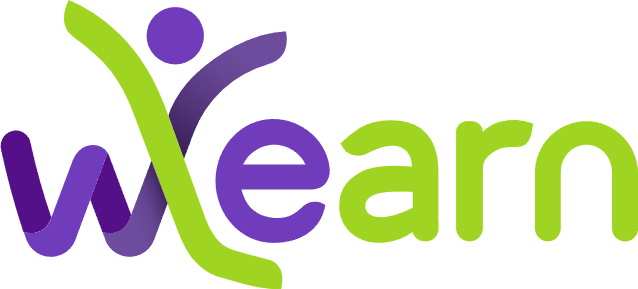What is "Project-Based Learning"?
Project-Based Learning is learning by identifying a real-world problem and developing a solution to it. Project-Based Learning is multidisciplinary in nature, and kids show what they learn as they journey through the project, not just at the end.
What is "Personalized Learning"?
According to iNACOL (the International Association for K-12 Online Learning), Personalized learning is defined as "Tailoring learning for each student’s strengths, needs and interests–including enabling student voice and choice in what, how, when and where they learn–to provide flexibility and supports to ensure mastery of the highest standards possible." Basically, whereas traditional learning organizes students around resources (classes, library, museums, teachers, course materials, etc.), Personalized Learning organizes resources around students based on what will best fit their needs and learning preferences.
What do you mean by "self-directed learner"?
Self-directed learners are individuals who take the initiative, with or without the help of others, in figuring out their learning needs, developing learning goals, identifying the resources they need for learning, choosing how they learn it, and evaluating what they have learned.
What is Mastery Learning?
Mastery learning is a learning strategy based on the belief that students will achieve a high level of understanding in a subject area if they are allowed to learn at their own pace.
When a student enrolls in one of our courses, our goal is to provide the resources they need to master the concepts they signed up to learn. One of the key benefits of online courses is the flexible nature of learning, which allows students to study until concepts are mastered before moving onto the next lesson.
What are Future Skills?
At WeLearn, our goal is to equip students with the skills that will prepare them for future jobs. The core skills demanded by industries is expected to change dramatically, and the majority of children today will have future jobs that have yet to be invented. It is also clear that the jobs that do exist at that time will change frequently so that our children will need to adapt and re-learn frequently throughout their lives and careers. To succeed in this world, our children need to develop essential soft and hard skills. To make it clearer, WeLearn has organized the Future Skills that it feels are essential into seven "threads" that run through every course we offer.
What is the WeLearn Community Learning concept?
We believe that WeLearn's team needs to collaborate not only with learners, but with their families as well, to create a holistically nurturing environment both in our Mastery Centers and at home.
Why is a Learning Community important?
While it's true that we all learn differently, it is certain that we all learn effectively when our environment nurtures learning. It is the primary reason that our Mastery Centers are designed the way they are; all stages of learning are supported in one or more physical areas within the space. However, we cannot control what happens when our learners leave the center and head home. That is why it is important that the parents or guardians are active participants in their child's learning process. When our philosophy permeates a learner's life, it is much easier for it to take hold. Because WeLearn's team and the student's family all work together to support them, we form a learning community geared toward a learner's perpetual success.
What is the GED®?
The GED® is a four-part test that leads to an internationally accepted US-based high school equivalency credential. Over 98% of U.S. colleges and universities accept GED® graduates who meet other admission criteria.
What is IGCSE?
The IGCSEs, or International General Certificates of Secondary Education, are UK curriculum-based exams that test knowledge in individual subjects, which can be taken by learners seeking a qualification without attending full-time classes. In addition to the above alternative diploma options WeLearn recommends that learners complete several alternative credentials that are positively received by universities:
What is CBE?
The CBE, or Credit-Based Examination, process allows students to take an assessment to show subject/content mastery; this is generally accepted for course credit.
What is CLEP?
For students engaged in deep learning, CLEP exams cover intro-level college course material in 33 subjects. More than 2,900 colleges and universities grant credit for CLEP
What is AP?
AP, or Advanced Placement, courses enable willing and academically prepared students to pursue college-level studies—with the opportunity to earn college credit, advanced placement, or both—while still in high school.
What are A-Levels?
The A-Level, or Advanced-Level, examinations are UK subject-based exams demonstrating knowledge at an advanced (university) level. Much like AP classes, many US universities will award credit or waive intro classes for students who have scored above a certain level.




